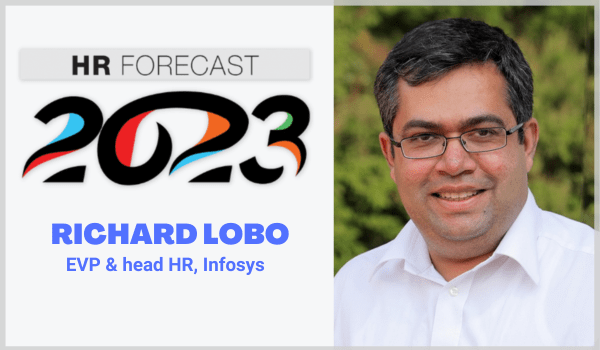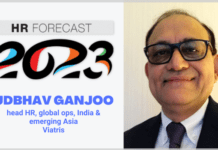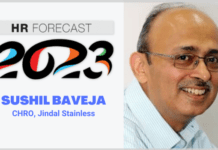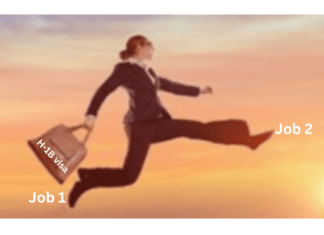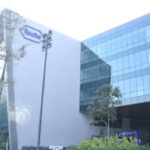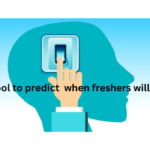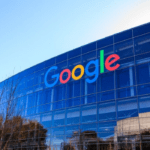2022 was a volatile year for HR & workforce
The past year was an interesting year with business and people slowly returning to some semblance of normalcy. 2023 will be a period of consolidation as well as innovation on the talent front as companies look to establish a new balance.
The key focus areas will be on creating a value proposition around the future of work that is meaningful to both employees as well as companies. While remote and hybrid work will continue to evolve, companies will need to bring about more predictability in talent planning and deployment. So, a future of work strategy that will accommodate diverse kinds of employee situations (remote, full-time, hybrid, gig) and will meet the strategic needs of the company will be a priority for HR.
The next area of focus will be skilling. Every company will have to focus on skilling at scale to meet its talent needs. The learnings from the pandemic on remote training, high usage of technology and the eagerness of people to skill will mean that this will remain a priority in terms of people practice.
The third area will be about rebuilding human connections at work. We have depleted social capital built over years thanks to remote work, and this needs to be rapidly replenished if we are going to get the new world of work to be effective. This will mean more people interactions, redesigning work and above all rediscovering what makes teams and managers effective.
The metaverse enables a learning experience that is scalable, engaging and highly cost effective
Moving towards an algorithmic HR or reverse?
Over the last few years, the practice of HR has evolved to having much more data-driven analytics, digitising various transactions, using predictive tools for decision making, and calculating cost impact of HR decisions.
This has made the practice of HR more effective and useful. However, it does not mean we take away the focus from the human at work. If anything, we need to accelerate the people processes – coaching, performance feedback, counselling, manager training, health and wellness and so on. The fact that we have better algorithms for the people function will mean that we can do better on a people process through intelligent use cases. A combination of technology, data and people focus will make HR successful.
Investing in metaverse for workplace learning and training
The metaverse is still evolving, but there are signs that it will redefine how we work and communicate. Learning and skilling will benefit greatly by the technology and innovations spurred by the metaverse.
For example, the usage of digital twins will allow on the job training for a large number of people because they create a real site experience. Another example, having a ratio of one-teacher to a few students experience in a classroom can be rapidly scaled to cover your entire workforce. If you take onboarding, a virtual reality experience will mean that no matter where in the world you join, you will get a feel of the company on day 1 as the experience will be location agnostic.
The metaverse enables a learning experience that is scalable, engaging and highly cost effective. While there will be initial barriers in terms of investment, over a period of time, the return on this investment will be high. Investment in training is not an either or situation as companies will compete for talent even more in the coming year.
33 leaders predict the upcoming trends for 2023. To find out more click here.
Value our content... contribute towards our growth. Even a small contribution a month would be of great help for us.
Since eight years, we have been serving the industry through daily news and stories. Our content is free for all and we plan to keep it that way.
Support HRKatha. Pay Here (All it takes is a minute)





